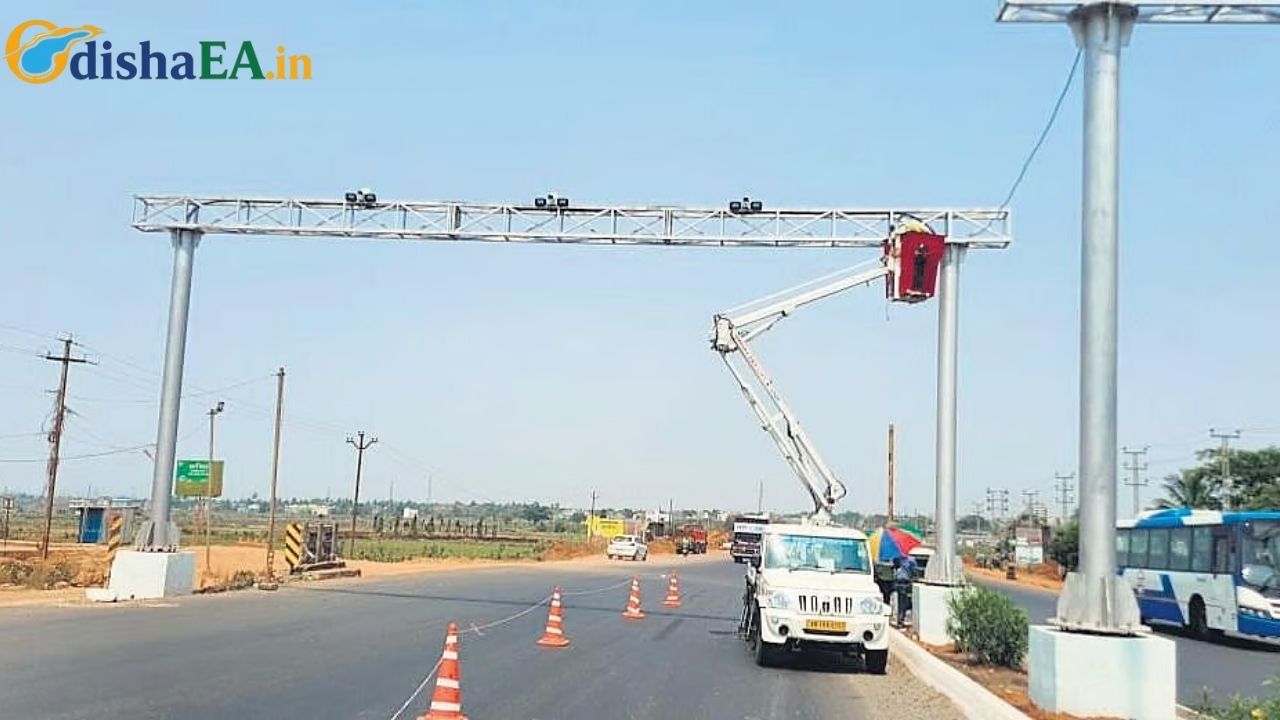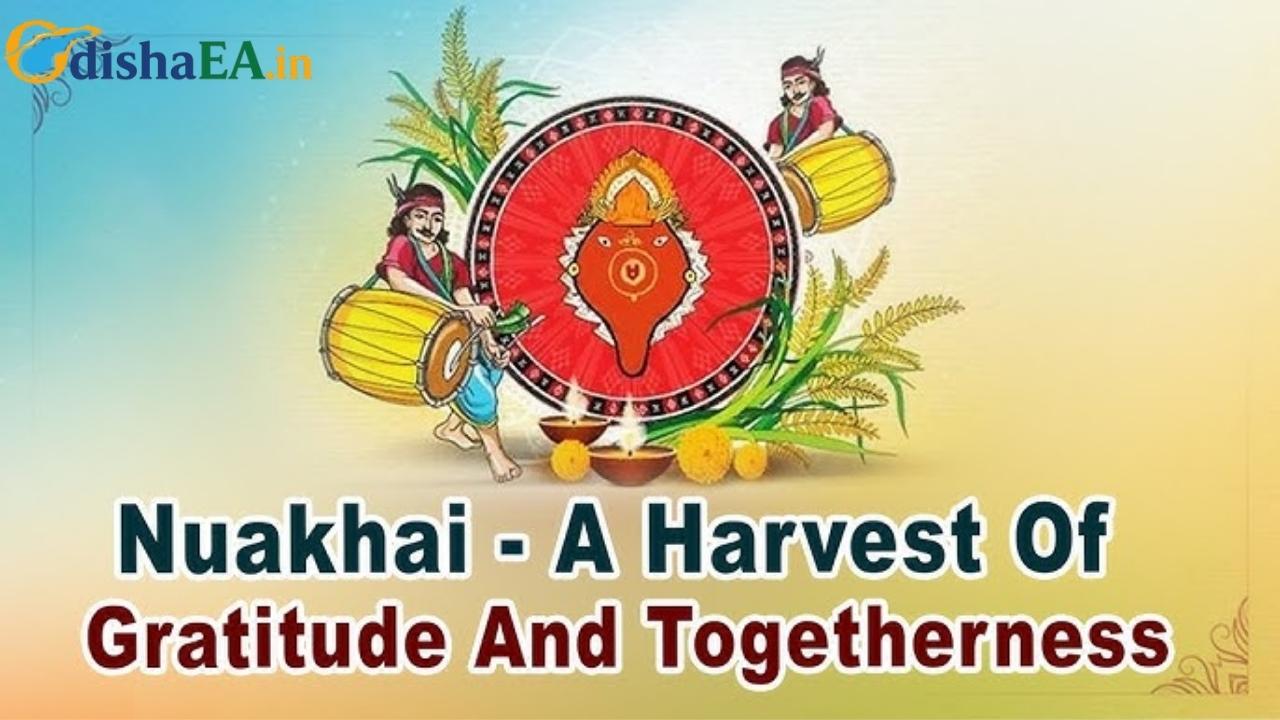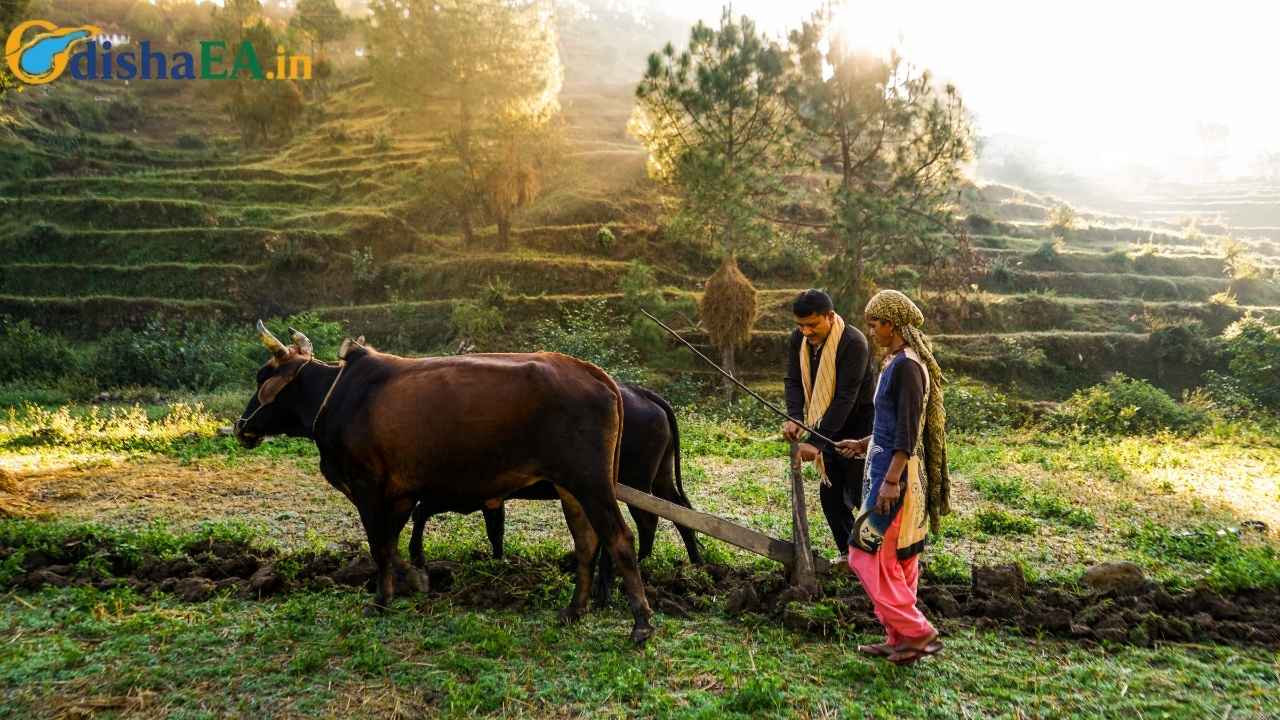When CM Mohan Charan Majhi’s warm Nuakhai wishes struck a chord, the internet lit up with heartfelt responses. Folks from all corners of Odisha and beyond couldn’t help but share the love. His message wasn’t just a political statement—it felt like an authentic, heart-to-heart connection with people celebrating one of India’s most cherished agrarian festivals.
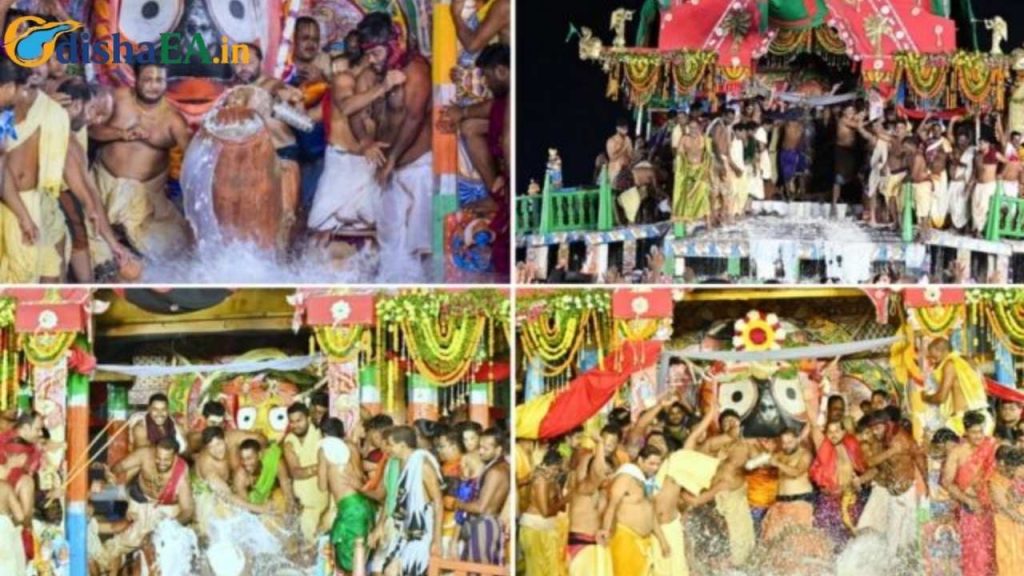
For those unfamiliar, Nuakhai is a harvest festival celebrated primarily in Western Odisha, marking the season of new crops. It’s like Thanksgiving in the U.S.—a day when families gather, food is shared, prayers are offered, and gratitude fills the air. By leaning into that spirit, Majhi didn’t just win hearts, he reminded everyone of the power of culture and community.
CM Majhi’s Warm Nuakhai Wishes Strike a Chord
| Aspect | Details |
|---|---|
| Festival | Nuakhai – Odisha’s major agrarian festival, similar to Thanksgiving in the U.S. |
| Leader | Odisha CM Mohan Charan Majhi |
| Message Impact | Warm greetings emphasizing unity, family, and cultural pride |
| Government Action | Disbursed ₹1,041 crore (~$125M USD) to 5.1 million farmers under CM-Kisan scheme (official link) |
| Public Response | Internet flooded with praise, cultural pride amplified |
| Comparison | Parallels drawn to U.S. Thanksgiving traditions |
CM Majhi’s warm Nuakhai wishes striking a chord shows us that culture, when paired with real action, can bridge hearts and strengthen trust. His heartfelt message wasn’t just festive fluff—it carried weight because it was grounded in financial support for millions of farmers. Like Thanksgiving in the U.S., Nuakhai is more than a holiday—it’s a reminder of gratitude, unity, and giving back.
What is Nuakhai? (Breaking It Down Like a Pro)
Think of Nuakhai as Odisha’s version of Turkey Day. Farmers offer the first grains of their harvest to the deities, families reunite, and there’s a feast that could rival your grandma’s Thanksgiving spread. Except instead of pumpkin pie, it’s pitha, khiri, and other traditional delicacies.
The word Nuakhai literally means “eating new rice” (Nua = new, Khai = food). It’s a way of honoring both Mother Earth and the hard work of farmers. If you’re from the States, imagine the vibe of Thanksgiving mashed up with the cultural pride of a Fourth of July parade.
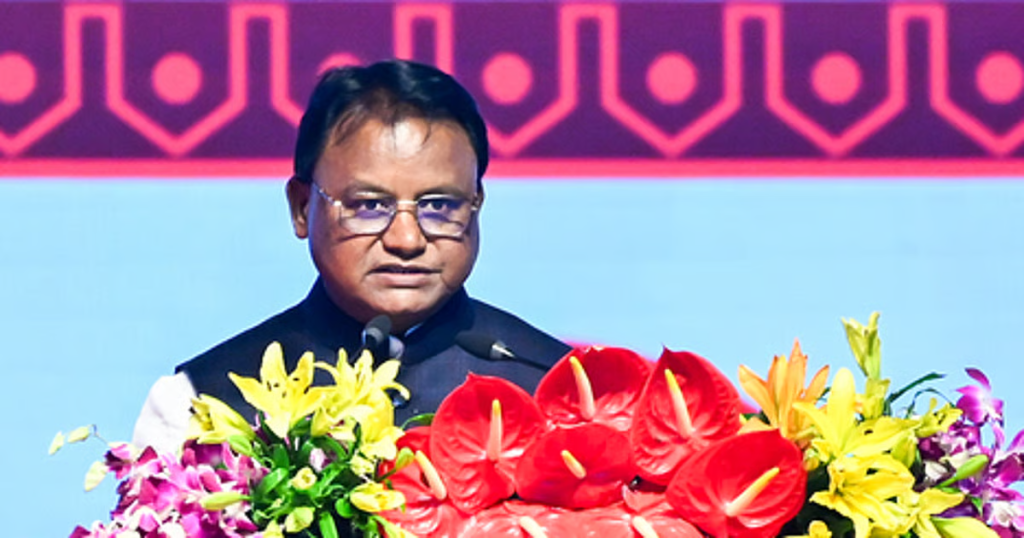
Why CM Majhi’s Message Hit Home
Now, here’s the thing: politicians give festive greetings all the time. But Majhi’s message hit different. Why?
- Authenticity: He opened with “Jay Jagannath, Jay Maa Samalei,” invoking local deities. That’s like a U.S. President starting a Thanksgiving message with a heartfelt blessing from the family dinner table.
- Family-Centered: Majhi emphasized the Bhetghat tradition—families coming together. In a world where many people live far from home, that hit deep.
- Action Backed by Words: He didn’t just say nice things—he disbursed ₹1,041 crore (about $125 million) to over 5 million farmers. That’s real talk.
The Farmer Connection
Here’s where the story gets even more powerful. Majhi’s wishes weren’t floating in the air like confetti; they were grounded in action.
- Funds Released: On Nuakhai eve, he rolled out financial assistance under the CM-Kisan scheme.
- Infrastructure: He inaugurated Krushak Bhavan at the Orissa University of Agriculture and Technology (OUAT).
- Support Expansion: Plans were announced for wider procurement and more agri-entrepreneur support.
For context: Farming employs nearly 42% of India’s workforce, and Odisha is no exception. For farmers struggling with costs, timely aid during harvest season is like hitting the jackpot.
Why This Went Viral Online
So why did the internet get flooded with praise?
- Feel-Good Timing: The message dropped just when people were gearing up for celebrations.
- Cultural Vibes: He didn’t just talk policy, he tapped into tradition.
- Symbolism: By marrying words with farmer-focused action, he created trust.
Think about it—when your boss not only wishes you a Happy Thanksgiving but also hands you a bonus check? Yeah, you’d be sharing that on Facebook too.
Lessons Leaders (and You) Can Learn
Even if you’re not running a state, there’s plenty of practical advice tucked in this story:
- Be Authentic: Whether it’s your team at work or your family, people can sniff out fake from a mile away. Speak from the heart.
- Back Words with Action: Compliments are nice, but results build trust. Imagine telling your kid you’ll help with their science project—and then actually building the volcano model together. Big difference.
- Celebrate Culture: Whether it’s Nuakhai, Thanksgiving, or Lunar New Year, honoring traditions keeps communities strong.
A Step-by-Step Guide: Making Cultural Celebrations Matter
Here’s a simple, actionable framework you can apply in your personal or professional life:
Step 1: Know the Roots
Understand the “why” behind the festival or tradition. Nuakhai isn’t just about food—it’s about gratitude for harvest and community ties.
Step 2: Personalize the Message
Majhi didn’t just say “Happy Nuakhai”—he invoked local deities. Translate that into your context: add a personal touch that resonates.
Step 3: Pair It with Real Support
Whether it’s bonus pay, flexible leave, or even a thoughtful gesture, actions amplify words.
Step 4: Use Modern Channels
Majhi’s message spread online like wildfire. Don’t underestimate the power of Instagram, LinkedIn, or even a simple Zoom call.
Step 5: Follow Up
Keep the energy alive after the festival. For example, companies in the U.S. often keep the Thanksgiving spirit going with year-end bonuses or team retreats.
Odisha CM Majhi’s ₹1,041 Crore Initiative: A Boost for Farmers on Nuakhai
Over 51 Lakh Farmers Rejoice as CM Majhi Releases 3rd Installment—Here’s What It Means for You
Odisha Government Stuns Bureaucracy with Major Reshuffle – Top OAS Officers Shifted Overnight
FAQs
Q1: What is Nuakhai and why is it important?
A: Nuakhai is Odisha’s harvest festival where families thank the Earth and gods for new crops. It’s important because it reinforces cultural identity, community bonding, and gratitude.
Q2: Why did CM Majhi’s Nuakhai wishes go viral?
A: His message felt genuine, tied deeply to culture, and came with real financial aid for farmers. That mix of emotion and action resonated online.
Q3: How does Nuakhai compare to U.S. Thanksgiving?
A: Both celebrate harvest, family, and gratitude. Nuakhai includes offerings to deities, while Thanksgiving often centers around family dinners and parades.
Q4: How many farmers benefited from Majhi’s initiative?
A: Over 51 lakh (5.1 million) farmers received aid worth ₹1,041 crore (~$125 million).
Q5: What’s the professional takeaway from this event?
A: Authentic leadership plus tangible action creates trust and loyalty, whether in politics, business, or everyday life.

